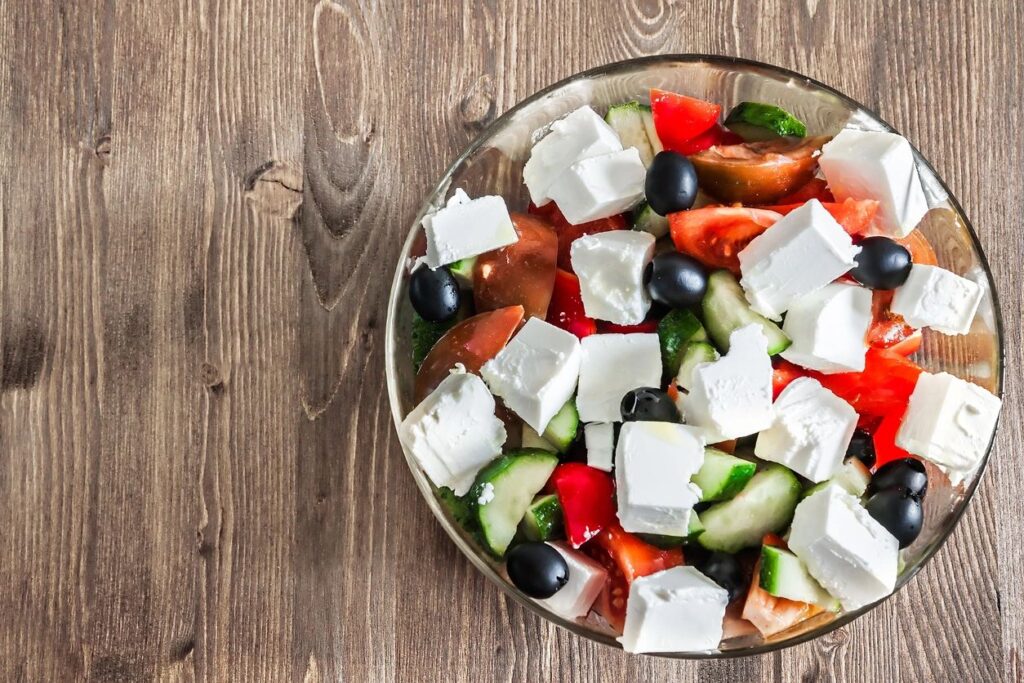Health Psychology
Optimism Predicts Healthy Aging
If you expect that the future holds good things, you might be right. It’s a common idea that optimism can become a self-fulfilling prophecy, and psychology research has tended to back up a link between positive expectations and positive outcomes. The latest example comes from a study by researchers at Harvard, looking at the role…
Read MoreBiking Can Boost Cognitive Function in Older Adults
For better or worse, pedaling around on a two-wheeled vehicle seems to effect people’s cognition, as I’ve written about before. Being bicyclists apparently makes people better drivers but also gives them a little paranoia, at least temporarily. Here’s another change you can chalk up in the “for better” column, though: improved cognitive function later in…
Read MoreMusic as a Sleep Aid
“Turn up the music, I’m trying to sleep!” It’s not a phrase you’re likely to hear, but it’s one that apparently describes many people’s bedtime routines. Music is a popular sleep aid, and a new study from researchers in the United Kingdom reveals just how common using music to facilitate sleep is. In the online…
Read MoreMore Evidence That Happier People Live Longer
A new study adds weight to the idea that happiness and physical health go hand-in-hand. The study, by researchers in Singapore, looks at two groups of people who have been previously underrepresented in research on the health effects of happiness: people over the age of 60 and people in non-Western countries. In the study, 4,478…
Read MoreGoing Gluten-Free Changes What Potential Romantic Partners Think of You
It’s unclear whether going gluten-free has any health benefits for people without celiac disease, but that hasn’t stopped the diet from catching on. Last month, a Gallup poll found that one in five Americans make a point of including at least some gluten-free food in their diet. Those who opt for a gluten-free diet are…
Read MoreThe Health Benefits of Playfulness
All work and no play makes Jack a dull boy. It also makes him less healthy, less physically fit and less likely to lead an active life. That second part isn’t from the original proverb. Rather, it’s from a study published this month in the journal Frontiers in Psychology. In the study, researchers looked to…
Read MorePerfectionism and Insomnia
Perfectionists might find that when they lie down for the night, their sleep is anything but perfect. A growing collection of studies are highlighting a link between perfectionism and insomnia, as well as giving clues about why that link exists. Last year, a study of 334 people spending the night in a sleep laboratory found…
Read MoreWhat Weekend Exercise Means for Monday Morning
People choose to spend their precious weekend hours in different ways. Sometimes taking it easy and recharging your batteries is just what you need to start the next week off fresh. Other times, you might find that planning a physically active weekend is the antidote to stress. Why is it that weekend exercise can boost…
Read MoreWho’s Afraid of Needles?
Do you hate giving blood, getting an IV, or doing really any medical procedure that involves a needle? You’re not alone. Recently, a pair of researchers conducted a meta-analysis of previously published studies on the fear of needles. One of their goals was to come up with an estimate of how many people have a…
Read MoreEmotional Skills Can Undo the Link Between Stress and Cardiovascular Health
Ongoing stress is looking like an increasingly guilty suspect in sabotaging people’s health. The American Psychological Association now cites chronic stress as a risk factor for heath disease, high blood pressure and stroke. But does chronic stress have the same effects on everyone? Probably not. A recent study by researchers at Yale and University of…
Read More







